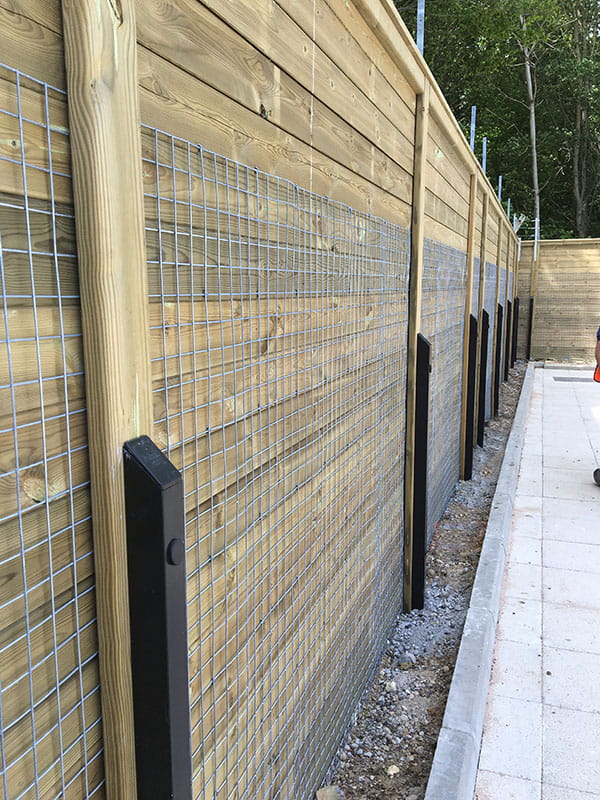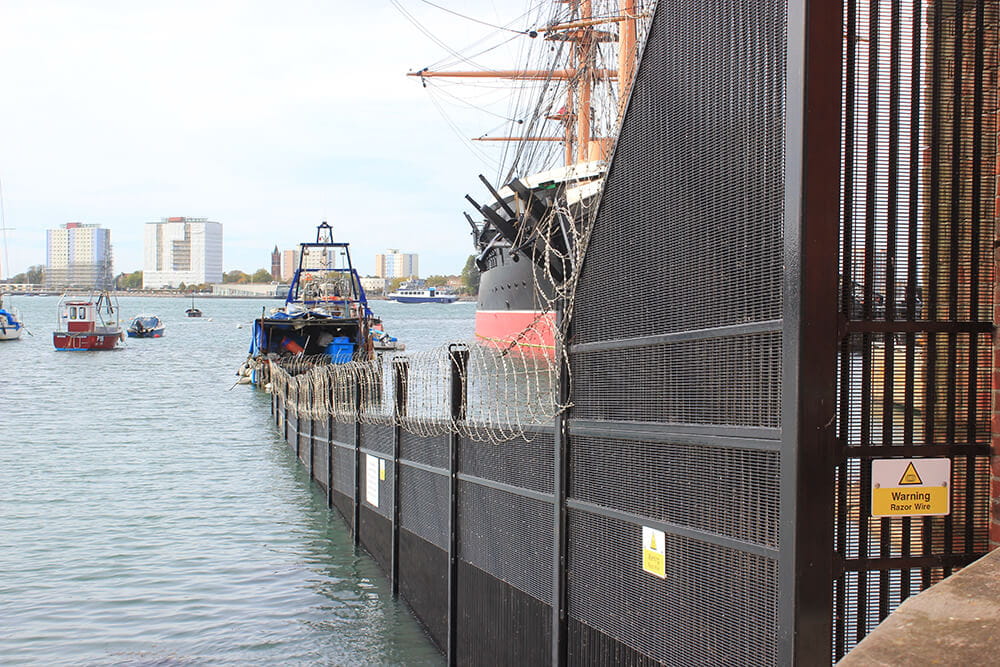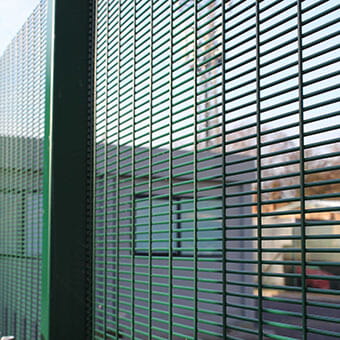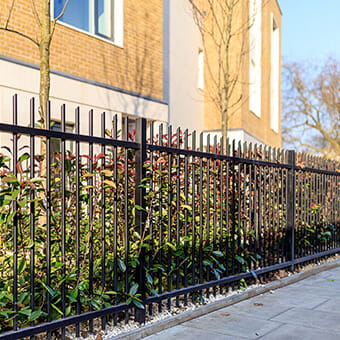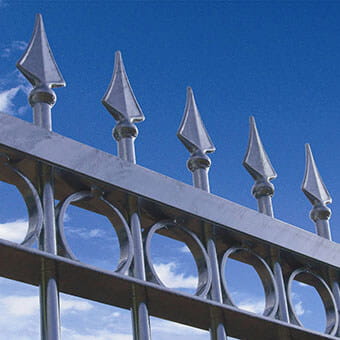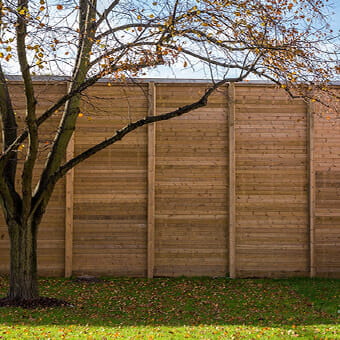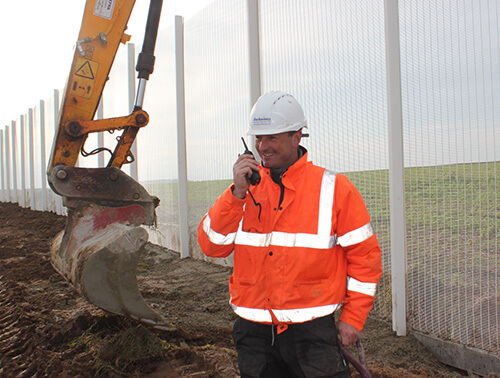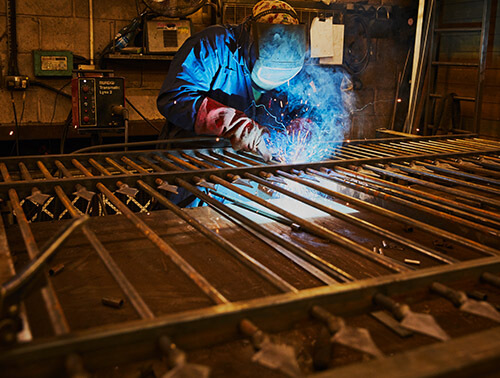Our other sites:
Note: As of the 1st January 2026, NPSA removed fencing and gates from the CSE (Catalogue of Security Equipment). Please refer to NPSA for latest guidance. Also see our guide to forced entry standards. We recommend LPS 1175 certified fencing.
The UK has 13 national infrastructure sectors upon which the country relies, and daily life depends, or which could potentially be a danger to the public. These include chemicals, communications, emergency services, transport, government, and water. Loss or compromise of any of the sectors could either have a significant impact on national security or cause major disruption to daily services and even loss of life or casualties. While not everything within a national infrastructure sector is considered ‘critical’, many sites are under strict guidelines to keep them secure and to protect national security, particularly data centres, utilities, chemicals, civil nuclear, defence, and government. For these sites, NPSA rated fencing may be required to protect high risk assets.
NPSA, the National Security Protective Authority (previously overlooked by the CPNI, the Centre of Protection of National Infrastructure) is the government authority for protective security advice to the UK national infrastructure. Part of its role is to protect national security by helping to reduce vulnerability to terrorism, espionage, and sabotage.
NPSA has a catalogue of security equipment with a wide range of products from secure gates to high-security fencing. The classification system within this is designed to help specifiers select the correct perimeter protection level for sensitive locations like CNI sites.
The exact requirements and ratings for NPSA approval are purposely kept under wraps, but loosely, a NPSA rated fence is a security fencing system which has been constructed to specific requirements to provide protection against digging, climbing, and penetration through the barrier. The fencing will have undergone a series of tests including sustained attacks using a range of tools, before it is given a rating. Product evaluations are conducted by an independent testing body before results are assessed by an expert panel. Following this stage, security solutions that meet with approval are awarded a specific grading of either CLASS, or PROTECTION level, or in the case of some products, both.
Jacksons was the first fencing manufacturer to have CPNI rated fencing and manufactures a wide range of fencing products with a CPNI (now NPSA) rating to suit different applications. The range includes mesh fencing, vertical bar fencing, acoustic barriers, and unique mesh and timber combination and mesh and vertical bar combination fencing.
For each product in the range, the height at which it is NPSA tested is specified in our brochure and on each product page on our website.
Jacksons’ NPSA fencing has secured various applications
Our products have been used to secure airports, water treatment plants, telecoms, data centres, and naval bases, amongst other sites. Click the case studies below to find out more. Some details have been omitted to provide confidentiality, but please speak to our sales team if you need more advice on the application of these products.
What is the difference between LPS 1175 fencing and NPSA/CPNI rated fencing?
As we've discussed, NPSA ratings are kept purposely under wraps, while the LPS 1175 rating system is widely available. LPS 1175 rated fencing and gates are classified by their ability to withstand attacks from different toolkit categories and the delay they provide in minutes. For example, a product which is rated A1, such as EuroGuard Combi A1 will provide a delay of 1 minute against category A tools. LPS 1175 security rated fencing is not tested for climbing and digging and only attacking through the barrier, however many products are designed with good climb resistance and can be paired with security toppings and PIDS to reduce the risk, of climbing. Find out more about LPS 1175 fencing.
Related products
Jacksons Security has a range of products relating to this article, all complete with our 25 year service life guarantee. If you cannot find the item you are looking for, please do not hesitate to call our friendly sales team.
Related Content
Top
